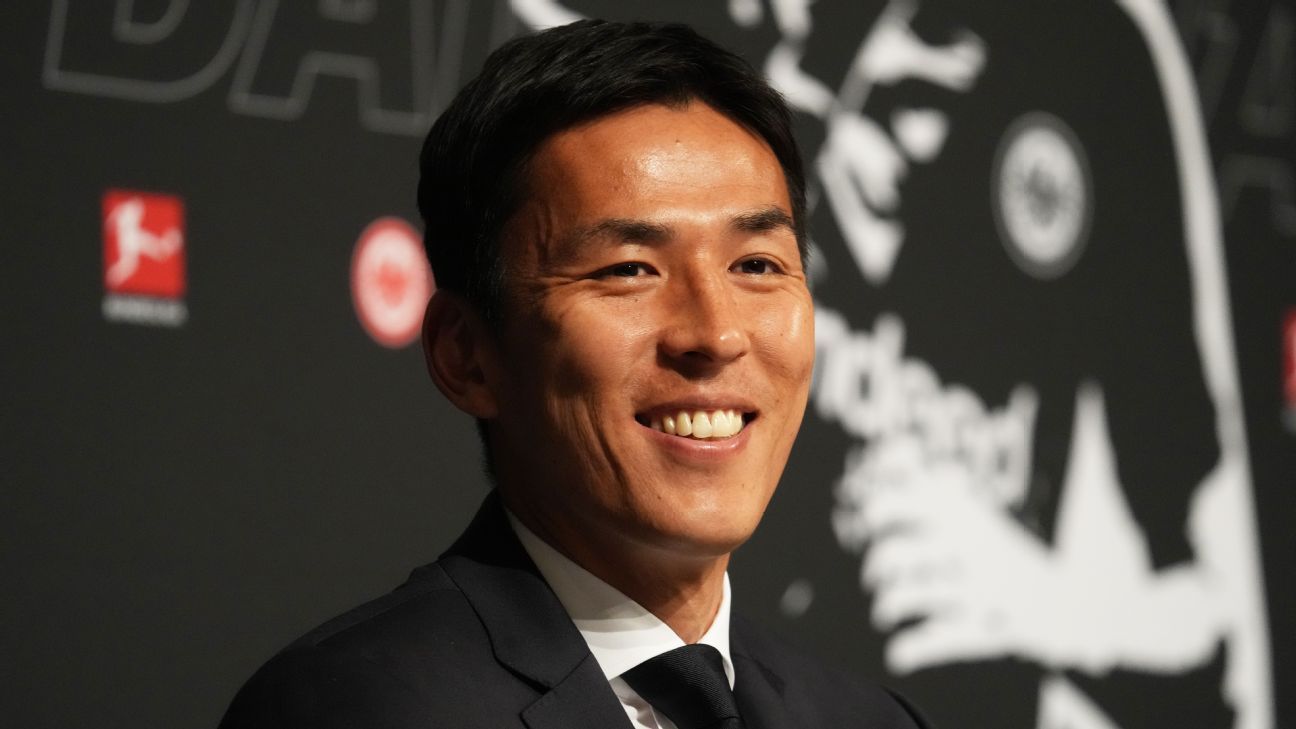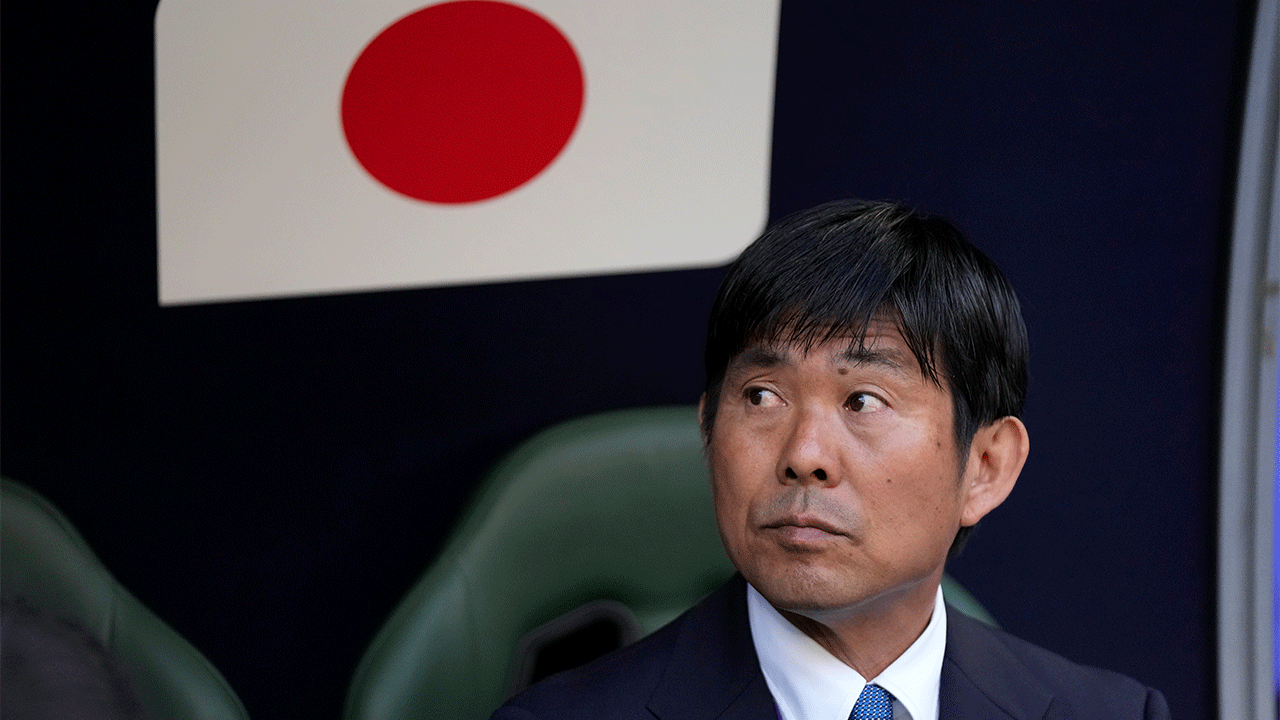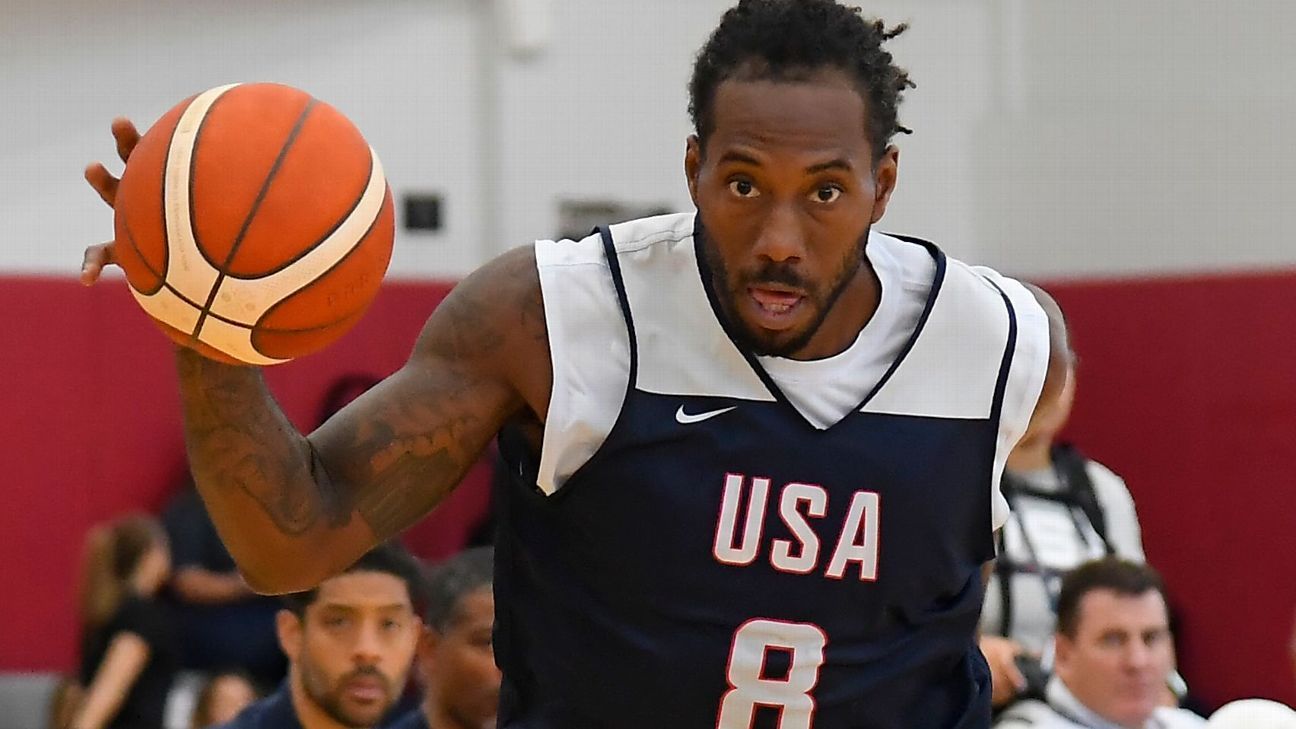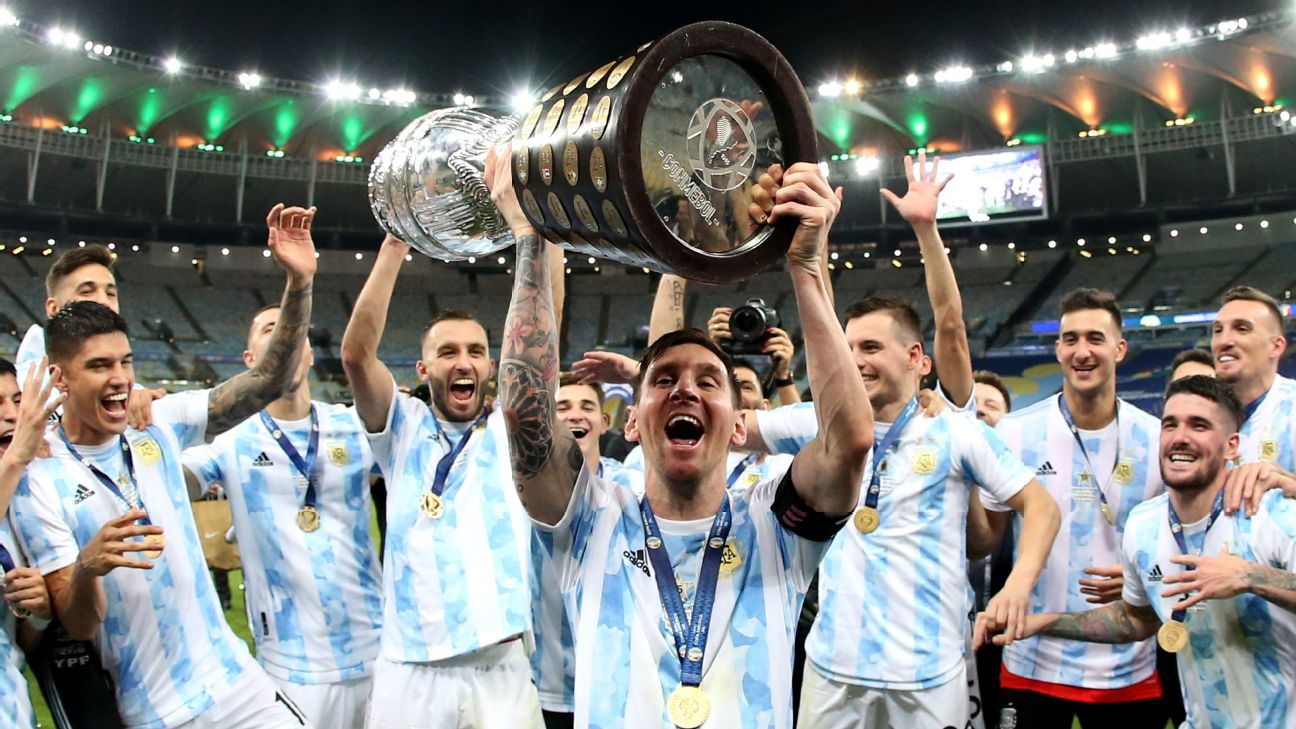At the end of last season, the stellar playing career of Japanese international Makoto Hasebe finally came to an end.
While he may not have grabbed the headlines like more attack-minded peers of his generation such as Shinji Kagawa and Keisuke Honda, Hasebe’s credentials speak for themselves. A Bundesliga champion with Wolfsburg in 2009, Hasebe captained Japan to three consecutive FIFA World Cups and won an AFC Asian Cup en route to 114 international appearances, making him the seventh most-capped player for the Samurai Blue.
The midfielder-turned-sweeper, who enjoyed his greatest longevity at Eintracht Frankfurt, would add a DFB-Pokal and a Europa League to his trophy cabinet and hang up his boots with the accolade of being the player with the most Bundesliga appearances in Asia.
The respect in which he was held at Frankfurt led to a unique agreement: his contract as a player would be automatically renewed each summer until Hasebe himself decided to retire, at which point he would be guaranteed a contract as a coach. That agreement has already come into effect, and earlier this month the 40-year-old was announced as assistant coach of Eintracht's under-21 team.
In doing so, Hasebe has taken his first step down a path that could end up bucking a peculiar trend in football. Whether through subconscious aversion or sheer coincidence, no Asian has ever taken over at a notable European club, even though players from the continent have long been considered good enough to make it to European level, while Asian teams (particularly through the World Cup) have proven they have what it takes to match their more illustrious counterparts.
There are certainly candidates who, under normal circumstances, would at least have been on the list.
Although he has come under fire for tactics that have sometimes been perceived as too conservative, Japan coach Hajime Moriyasu masterminded impressive victories over Germany and Spain at the last World Cup.
Meanwhile, while Ange Postecoglou has earned every bit of success he has enjoyed since beginning his rise to prominence at Yokohama F. Marinos, it is worth noting that the only J1 League title he won during his time in Japan was surpassed by Toru Oniki’s two with Kawasaki Frontale. Oniki, with 10 major trophies under his belt, is now the most successful manager in a country currently ranked 18th in the world. However, few outside of Japan are likely to have heard of him.
Due to the increasing globalization of sport, that could soon change.
Postecoglou has proved beyond doubt that Asian football can now be a legitimate source of managerial talent. City Football Group’s extensive network, which includes stakes in four Asian clubs including Marinos, suggests they too believe there is untapped potential. The growing interest in the Saudi Pro League also ensures increased attention for whoever excels in these glamorous new surroundings.
Still, Hasebe may be the most likely, given his clear advantage, especially over other AFC candidates: he is already “in.”
Thanks to the recognition he has accumulated as a respected player and considered a role model, his path has now been accelerated as he begins his coaching career directly in Europe. He will not need to work hard to rise through the ranks in his home country of Japan, although his further steps may allow him to gain work experience in the J1 League.
For now, Hasebe's formative stint as a coach will not only be in one of Europe's big five leagues but also at a well-established club like Eintracht, which was one of the Bundesliga's founding teams and has only spent six seasons outside the top flight in the 60-odd years since the competition was established.
This will undoubtedly serve him well, but ultimately it will be the managerial talent Hasebe develops that will determine his success, and the early signs are promising. Long regarded as a coach in the making, Hasebe was a leader throughout his career, initially as a driving force in the heart of midfield before becoming a reassuring presence as the last line of defence in his later seasons. He was a role model for those around him and was frequently seen giving instructions and advice both on the pitch and from the touchline.
Former Eintracht manager Adi Hütter once called Hasebe an “absolute godsend” and “outstanding” both as a footballer and a person, while another former manager, Oliver Glasner (now manager of Crystal Palace), spoke of his ability to always be relied upon.
His teammates were even said to affectionately refer to him as “Methuselah” (the biblical figure who supposedly lived the longest life until he died at the age of 969) for his longevity.
Determined and ambitious, Hasebe has made no secret of his aim to one day reach the top, having stated at his retirement press conference in May that his ultimate goal was to manage Eintracht.
To do so, he will have to buck the trend and reverse an anomaly that has hampered the growth and recognition of Asian football. He may be the best technical prospect – and ultimately the best prepared – to do so.












